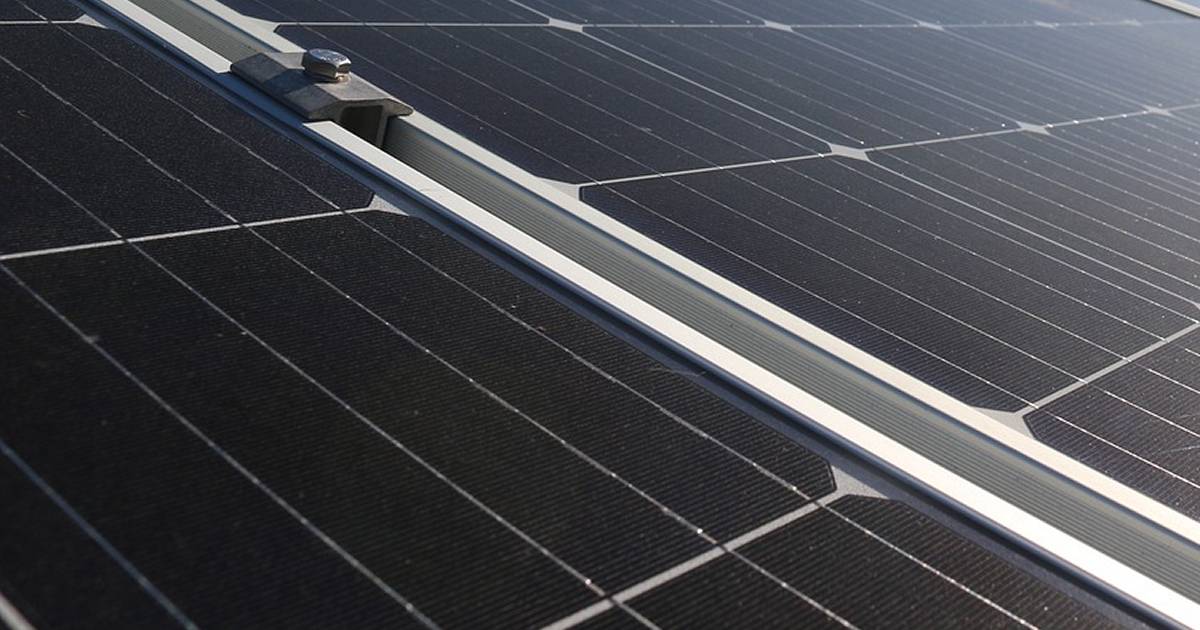
Buy Now Pay Later (BNPL) services should be regulated by the Federal Government rather than through a self-regulatory code of conduct developed by the industry say leading consumer groups.
The Australian Finance Industry Association’s code of conduct for BNPL providers comes into effect next week – but it’s not enough according to the Financial Rights Legal Centre, Financial Counselling Australia, Consumer Action Legal Centre and CHOICE.
The groups say BNPL services are not currently required to hold a credit licence, nor subject to consumer protections under the National Consumer Credit Protection Act 2009.
“The Buy Now Pay Later sector is now selling debt for dental treatments, solar panels and other large purchases,” said CHOICE Director of Campaigns and Communications, Erin Turner. “It is credit in everything but name so the consumer protection laws for credit should apply in full, not a weak industry code.”
BNPL And Solar Sales
There was a push to exclude BNPL services from solar power system sales under the New Energy Tech Consumer Code (NETCC), which will eventually make the CEC Approved Solar Retailer scheme obsolete. SQ founder Finn Peacock wrote about BNPL and the NETCC around a year ago.
While the Australian Competition and Consumer Commission (ACCC) made amendments to the Code to tighten up some BNPL practices, the Australian Competition Tribunal varied some of the ACCC’s conditions of authorisation. Among the changes, it removed the prohibition on BNPL finance being offered in unsolicited sales of new energy tech.
The consumer groups say they see the harm BNPL services cause first-hand, mentioning an example of a pensioner with early signs of dementia who was signed up for a $14,000 PV system with “dodgy solar panels” via BNPL.
“While the promise of BNPL is that they do not charge interest, for some people the cost of late fees or account keeping fees can be just as expensive as a credit card,” state the groups. “BNPL providers also charge a fee to retailers of between 3% – 6%. These costs will be passed on to all consumers.”
Finn has previously mentioned where solar is purchased, around 15-25% of the price paid goes directly to the BNPL provider.
The groups say the new code only requires BNPL providers to assess if a borrower can make the first payment, with no obligation to assess whether the subsequent payments are affordable.
“What BNPL providers are really doing is turning a loophole in the law into a gaping hole,” said Financial Counselling Australia Chief Executive Officer Fiona Guthrie. “If we fail to act, more and more Australians will be harmed.”
Alternatives To BNPL For Buying Solar
While Australia’s generous “solar rebate” can knock thousands off the cost of installing a system and the cost of solar is continuing to decrease, finding the balance that needs to be paid up-front can still be difficult. You can pick up some tips on financing a solar purchase here.
On a related note, last week we mentioned Commbank is offering a very low interest green loan to Commonwealth Bank home loan customers that will roll out nationally in May.
You can learn more about the pitfalls of buying solar via BNPL here.

 RSS - Posts
RSS - Posts



What has this got to do with Solar? Please stick to the knitting.
Petty comment when we see and here of multiple gullible people being conned out of their meagre funds by dodgy purveyors intent on making money, not saving the costs of electrical energy to consumers.
Q. Do you have a vested interest in the BNPL conglomerates ??
Michael’s post is quite appropriate. and very timely.
Could even be that another younger family member, or other pensioners might stumble upon his post while on the internet, leading them to either intervene or avoid finding themselves with a bucket load of problems.
Even if his post only saves one person from making a very bad mistake, its worth it.
Indirectly, any future problems that may occur would also reflect on the Federal Government. Their overall energy policies have contributed in part to such high overall electricity bills (even after concession entitlements) that the poor and vulnerable who don’t have solar now struggle to meet the basic necessities of life.